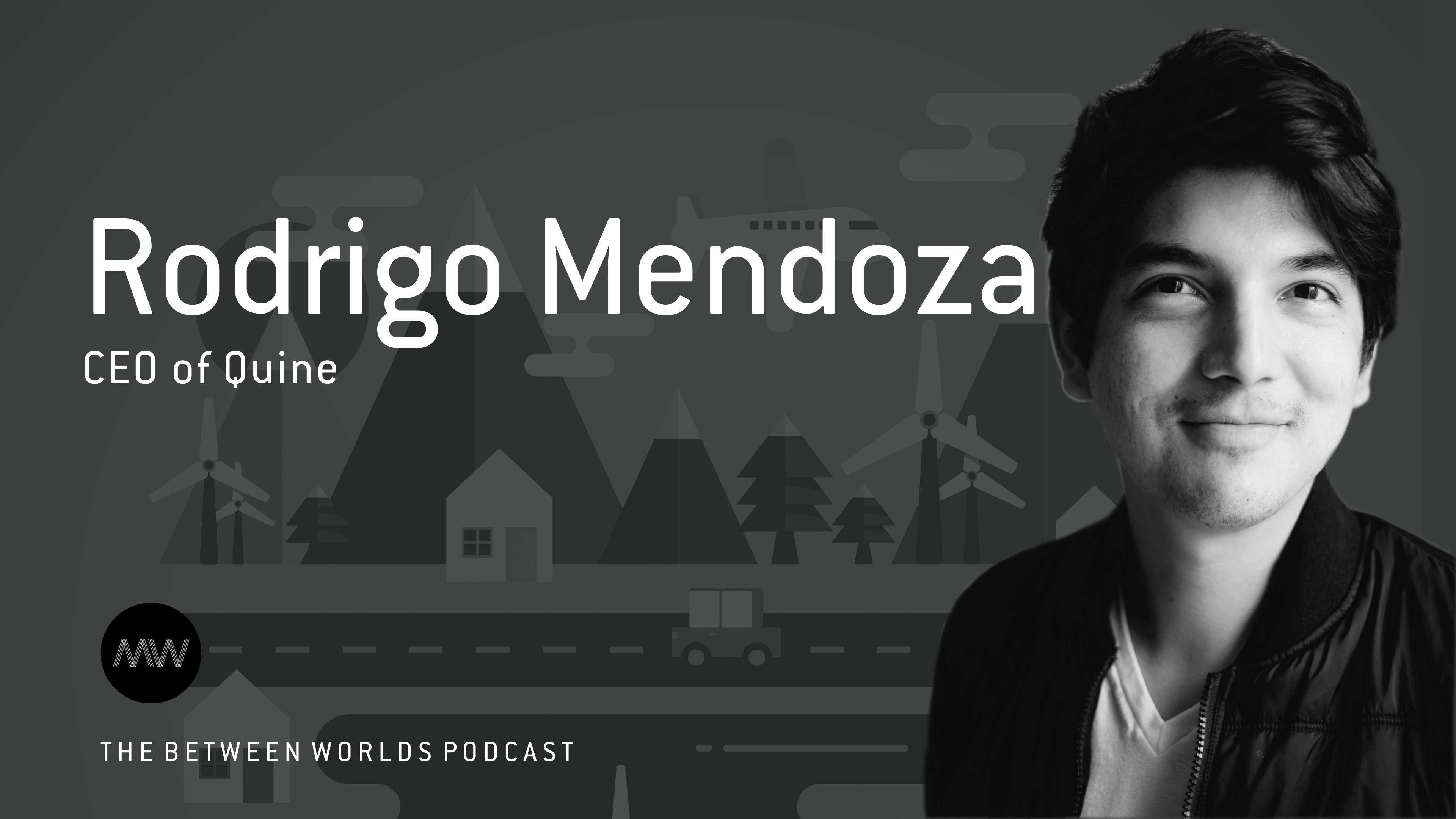
Open source technology is at the heart of everything we do. When we browse the Web, use our smartphones, or share content on social media - open software and systems are silently working behind the scenes. How did open source go from being a community of hobbyists and something that Steve Ballmer famously branded ‘a cancer that attaches itself in an intellectual property sense to everything it touches’, to a sophisticated economy of value and the basis of our Algorithmic Age?
To explore this question and others, I spoke with Rodrigo Mendoza. Rodrigo is co-founder and CEO of Quine, a company building hyper-fluid interfaces between software developers and the labour markets. Previous to Quine, Rodrigo was an academic, a venture capital professional, and a freelance data-scientist. Rodrigo holds a PhD in Mathematics from the University of Oxford, where he was also a postdoctoral researcher in Machine Learning.
I came across Rodrigo from a fascinating article he wrote on the open source community, which I highly recommend that you read. As he writes, ‘Developers have eaten the world. Their work has not only become a main driver for economic expansion, but a key supporting vector for civilization.’
In this episode, you will learn
- The origins of the open source movement and why software has eaten the world(2:07)
- The software economy and how open source produces economic value at scale (07:24)
- The rise of GitHub and marketplaces for coding talent (09:55)
- Why open source has become the new battle-ground where companies signal influence, creativity, and innovation (13:16)
- How ideas from open source like version control will influence other areas of work and collaboration, other than coding (21:48)

